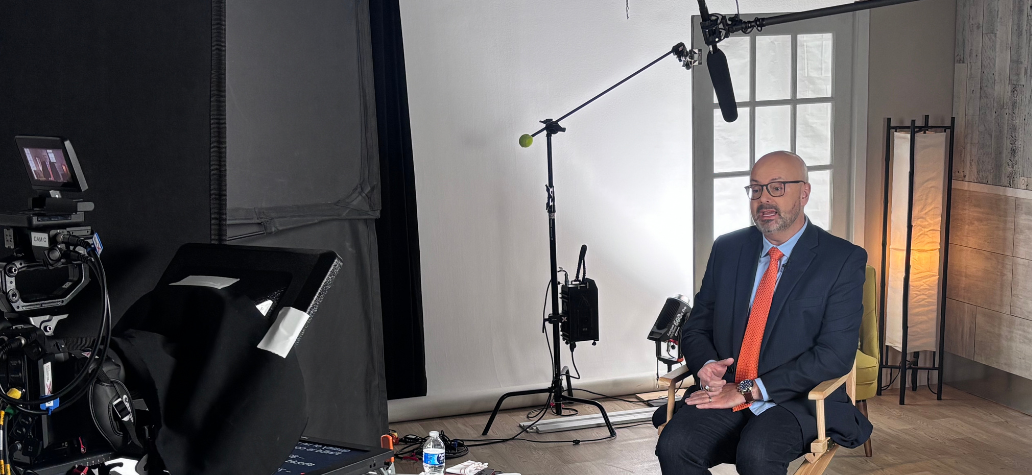Quality financial education has been a staple of NEFE’s mission for over three decades, stemming from our role as curricula developers and throughout our evolution into strategists. Without a lens on quality, all the work our field conducts—from efforts to ensure access to measuring impact—suffers due to unintentional misinformation and bias (especially in the way of equity and inclusion).
Due to recent milestones, quality is now at the crux of the work being done. Over half the states in the U.S. have policies in place for K-12 graduation requirements, which is the catalyst for decision-makers to focus on the implementation phase for which quality is a main determining factor. While that means different things to different communities, it should be at the forefront of any decision that is made.
At the 2024 FEI&I Summit, we elaborated on the quality financial education conversation. We continue to ask about adjusting and adapting for cultural, economic, racial and geographic considerations, as well as adapting to non-traditional methods of pedagogy and responding to how information is being consumed by learners. We built upon that to discuss lessons about effectiveness, successes and challenges from early state adopters of financial education graduation requirements as well as how higher education financial wellness has responded to the cultural and social movements of the time.
The Summit reminded us that the perception of quality financial education exists on a continuum. It is more important than ever that we use research and data to identify, elevate and champion proven financial education approaches, tools, and practices. While there may be no singular definition of quality financial education, it is imperative we continue to highlight, model and influence the use of approaches we know will advance high quality outcomes that foster financial well-being.
Here is how NEFE’s thought leaders viewed the discussions of quality throughout the FEI&I Summit:
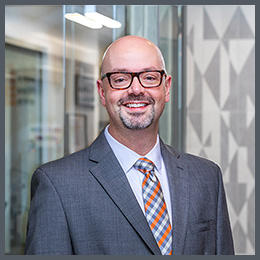
“Quality is a word we do not take lightly at NEFE. I am excited to see so many informed approaches to financial education content and delivery take shape across the country as our community better understands how to improve the experience for learners. The Summit highlighted how engaging and powerful financial education can be when we fully consider those we are teaching through a lens of inclusive, culturally relevant pedagogy.
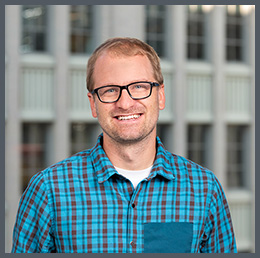
“NEFE’s FEI&I Summit reinforced that quality in financial education must be built through collaboration across sectors—policy, education, research, and beyond. Keynotes and breakout sessions emphasized that elevating best practices in both design and delivery is essential to increasing the impact of financial education. The NEFE award winners for impact and innovation were especially inspiring, demonstrating how centering nontraditional voices and adopting creative approaches can significantly enhance quality. Moving forward, cross-sector partnerships must evolve into intentional networks that prioritize shared learning and collective strategies to achieve lasting, meaningful improvements in financial education for all.
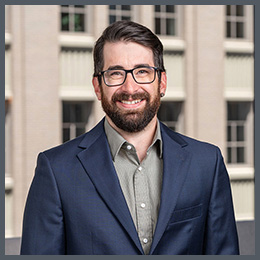
“Along with access, NEFE and the FEI&I Summit brought together practitioners, advocates and researchers who could examine the quality, looking at what determines a high scoring program, and what content needs to be included. NEFE’s Personal Finance Ecosystem is the starting block and foundation for many programs to examine what to include or factor into their programs.
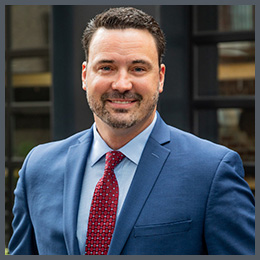
“Quality is the foundation in all that we do. At the Summit, we see how impactful it is when people come together to share best practices, data and insights that guide us toward meaningful solutions. Doing the work of financial education with quality and care leads to effective outcomes. Summit participants bring undeniable passion and dedication to this event, which in turn benefits the communities they serve every day.
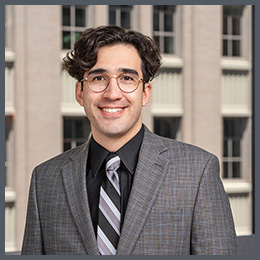
“Something I hear all the time at NEFE is that passing legislation is only the first step. Strong, quality and equitable financial education in schools is absolutely necessary for these valuable lessons to truly sink into the minds of today’s youth. I noticed a lot of these conversations happening at our summit, which I thought was excellent.

“An aspect of the quality conversation that needs to gain more traction throughout our field is how to get ahead of the curve on educating on topics instead of reacting to them. This includes the next phases of crypto, high-risk investment strategies, new financial products, etc. Thought leaders who have the foresight to see future trends from the current trends—and then formulate a strategy for proactively educating on those topics—will have a leg up in engaging important demographics. If our field is reacting to topics, we will always be playing catchup. This is an area where we can learn from the plight of the climate change community. If our field is seen as prognosticators, we can gain better attention.

